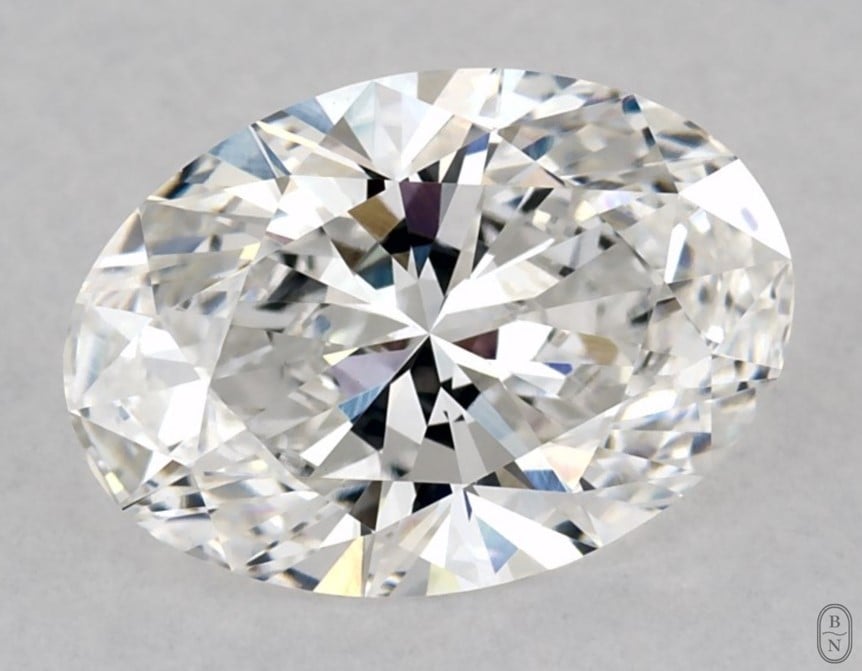What Are the Pros and Cons of Buying a Two Carat Lab Grown Diamond Ring?
1 Minute Read
HomeDiamond AdviceDeciding Where to Buy a DiamondWhat Are the Pros and Cons of Buying a Two Carat Lab Grown Diamond Ring?
Related Articles
The Best Carat Weights for Heart Shaped Diamond Rings
This black and 14k yellow gold ring features a 2.01 ct lab-grown heart shaped diamond.
When wearing a ring that...
Read More
What Is the Best Clarity for a 2 Carat Diamond?
Clarity is an important consideration for a two carat diamond because, regardless of the shape, its table facet is large...
Read More
Trendiest Rose Gold Jewelry for 2025
Rose gold jewelry is definitely a trend you will be seeing for this 2023 season. Even though it is not...
Read More
Second Year Anniversary Gift Guide: Garnet Jewelry
The traditional gift for a second year wedding anniversary is garnet jewelry, representing passion, love, commitment, and friendship.
Read More
Latest Articles
800 Years of Mogok: A Celebration in Tenuous Times
As Mogok, Myanmar prepares to celebrate its 800th anniversary, the inhabitants of this prolific gem producing region face an uncertain...
Read More
What is the Average Gemstone Faceting Yield?
What’s the average gemstone faceting yield from a single piece of rough? Learn how to estimate how much material you’ll...
Read More
Pyroxmangite Value, Price, and Jewelry Information
Pyroxmangite grains are rare, seldom clean enough to facet, and difficult to cut. However, when cut, they are extremely beautiful...
Read More
How to Identify Emerald Simulants and Synthetics
Gemologists can separate natural emeralds from emerald simulants and synthetics. Learn about the most common tools and techniques for this....
Read More
Never Stop Learning
When you join the IGS community, you get trusted diamond & gemstone information when you need it.
Get Gemology Insights
Get started with the International Gem Society’s free guide to gemstone identification. Join our weekly newsletter & get a free copy of the Gem ID Checklist!
